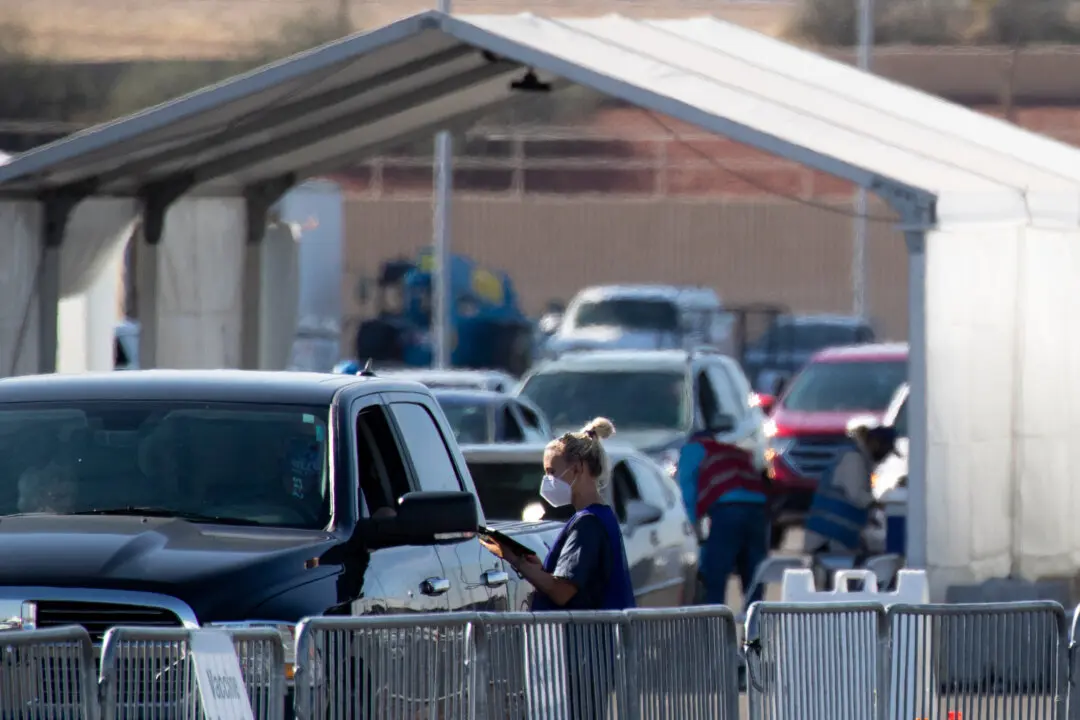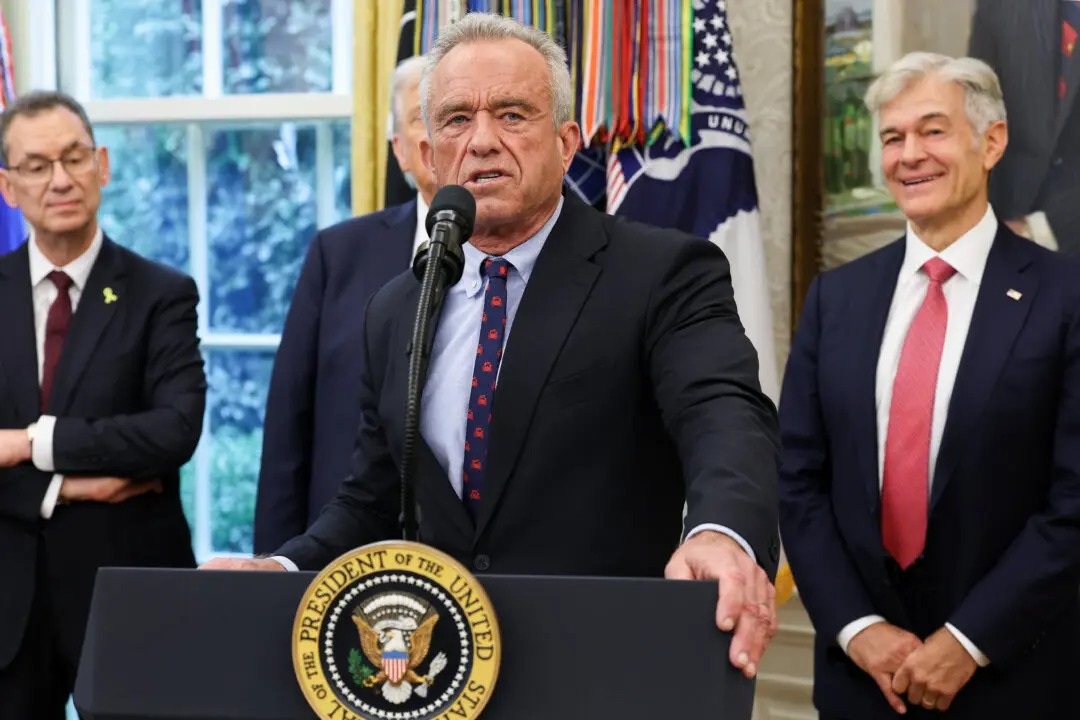President Joe Biden’s administration has extended its COVID-19 vaccine mandate for foreign arrivals.
The mandate was extended to May 11, the Transportation Security Administration (TSA) announced (pdf). The mandate had been set to expire on April 11. The previous extension was for three months.





